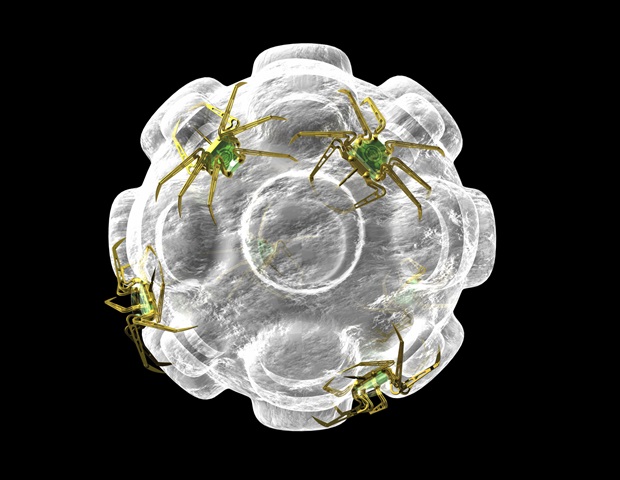In a groundbreaking advancement that could reshape the landscape of precise medicine, researchers from the Beijing Institute of Technology and Rutgers University have unveiled a series of innovative electrospinning techniques capable of significantly enhancing the functionality and effectiveness of medical devices. This pioneering study, recently published in the Cyborg Bionic Systems journal, promises to revolutionize the creation and implementation of nano/microrobots, wearable/implantable biosensors, and organ-on-chip systems. Precise medicine, aimed at tailoring healthcare to individual patients by considering their genetic, environmental, and lifestyle differences, has long sought more effective ways to integrate advanced technology in medical applications.
The research led by Dr. Jinhua Li and Dr. Ge Gao focuses on overcoming the limitations of traditional electrospinning methods, which include issues like limited material compatibility, uncontrollable fiber orientation, and low production scalability.

The team's work introduces modified electrospinning processes that allow for the manufacturing of highly specialized and functional composites, living constructs, and orchestrated structures, thereby expanding the potential applications in medicine significantly. These advanced techniques facilitate the integration of delicate biological components such as cells and enzymes, improving the structural and functional diversity of the produced materials. One of the significan.























